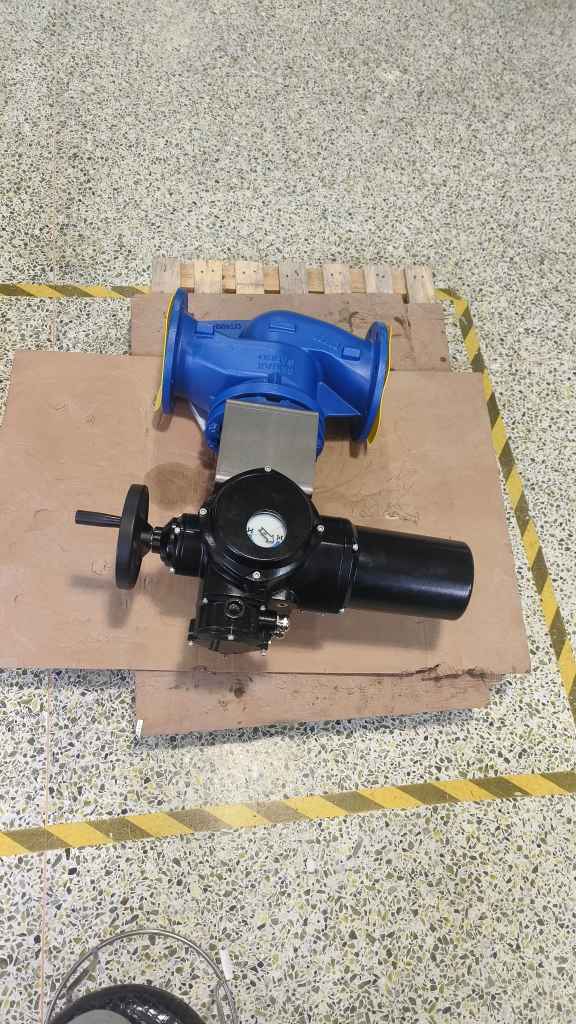Hydrogen energy is emerging as a crucial component of the global transition to cleaner, more sustainable energy sources. With its potential to reduce carbon emissions and provide an alternative to fossil fuels, hydrogen energy is gaining significant attention across various industries, including transportation, power generation, and industrial applications. However, as with any energy source, hydrogen must be handled with extreme caution, given its flammability and the high pressures at which it is often stored and transported. One of the most critical components in ensuring the safe handling of hydrogen is the hydrogen energy electric shut-off valve.

What is a Hydrogen Energy Electric Shut-Off Valve?

A hydrogen energy electric shut-off valve is a critical safety device used in hydrogen energy systems to control the flow of hydrogen gas. The primary function of this valve is to shut off or regulate the flow of hydrogen in pipelines, storage tanks, and distribution networks in the event of a malfunction, emergency, or when the system needs maintenance. It operates automatically or remotely through an electric signal, which makes it a vital safety mechanism for systems that rely on hydrogen fuel. Hydrogen shut-off valves come in various types, but the electric version stands out due to its automation and remote operability. These valves are commonly installed in both stationary and mobile hydrogen applications, such as hydrogen fuel stations, fuel cell vehicles, and industrial plants.
